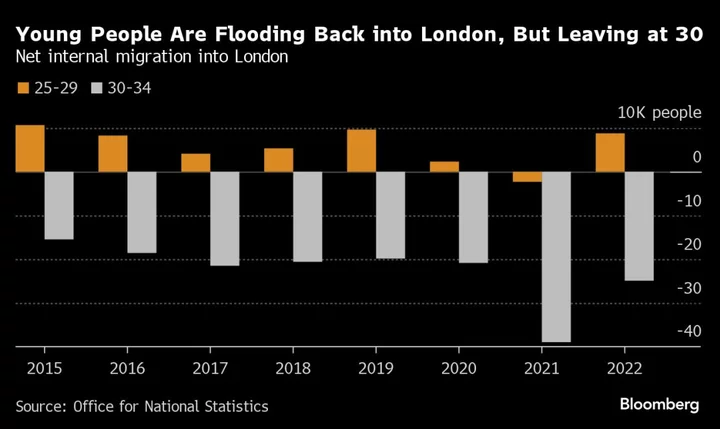
Logan Paul and KSI's PRIME Hydration slapped with lawsuit, Internet says 'nobody supports you'
The company is also accused of misleading customers and aggressively selling the beverage, particularly to those under the age of 18
2023-08-29 14:47

Elmhurst® 1925 Announces Its Newest Seasonal Offering, Apple Pie Spice Seasonal Blend, Alongside Returning Fan Favorite LTOs
ELMA, N.Y.--(BUSINESS WIRE)--Aug 28, 2023--
2023-08-28 20:23

Pay Transparency Laws: What Small Businesses Need to Know
As more states adopt pay transparency laws, many small businesses will need to comply with legislation if they or the candidates they’re sourcing are located within these states
2023-05-20 02:52

The Best Router and Networking Deals for October 2023
As the temperatures cool, many of us are heading indoors to binge watch, stream games,
2023-10-19 06:20

'Talk to Me' directors Michael and Danny Philippou choose their ultimate horror movie squad
Talk to Me filmmaker-brothers, Michael and Danny Philippou go head-to-head to see who can cast
2023-07-31 23:54

L'Oreal upbeat on China despite market's softer rebound
By Mimosa Spencer PARIS Second-quarter sales at French cosmetics giant L'Oreal slightly beat expectations, as a rebound in
2023-07-28 00:26

12 of the best Dartmouth College courses you can take online for free
TL;DR: A wide range of online courses from Dartmouth College are available to take for
2023-09-20 12:49

Nordstrom beats quarterly sales estimates as apparel demand holds up
Nordstrom Inc beat market estimates for first-quarter sales on Wednesday as demand from wealthy shoppers cushioned a wider,
2023-06-01 04:23

The World Depends on Old Code No One Knows Anymore, and We Need AI To Fix It
Every day, 3 trillion dollars worth of transactions are handled by a 64-year-old programming language
2023-12-02 05:24

Coca-Cola Beverages Florida Executive Jason Reed Elected Chairperson of the Coca-Cola System’s National Product Supply Group Board of Directors
TAMPA, Fla.--(BUSINESS WIRE)--Jun 1, 2023--
2023-06-02 03:47

Get a year of Walmart+ for just $49
SAVE $49: Now through July 13, you can score a Walmart+ membership for just $49.
2023-07-07 22:58

Climate, Credit and the King’s Greek Tie: Saturday UK Briefing
Hello, from London, where the Elgin Marbles will be staying in the British Museum for awhile longer. The
2023-12-02 21:16
You Might Like...

Tesla Tests the Limits of Elon Musk’s Minimal Model Strategy

Egypt's inflation reaches record high of 38.2% in July, government data shows

Fashion and film merge as Paris shows its opulent side

Christian Horner lauds Daniel Ricciardo as pressure mounts on Sergio Perez

Papa Johns' prices are driving some customers away

How to play 'Blue Protocol' for free from anywhere in the world

AMD Launches New Ryzen Pro 7040 Series for Business Laptops

Men’s Health Week: How to talk about sensitive or ’embarrassing’ health issues
